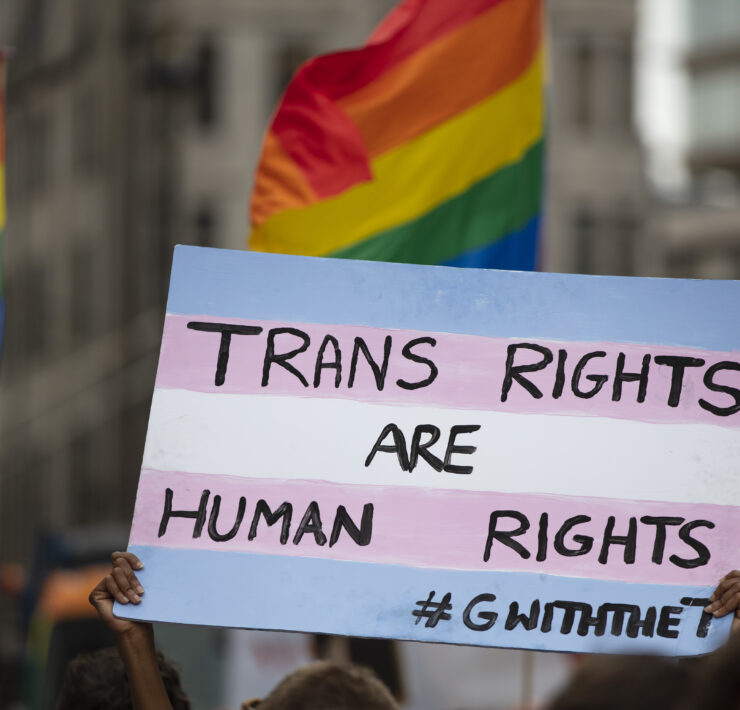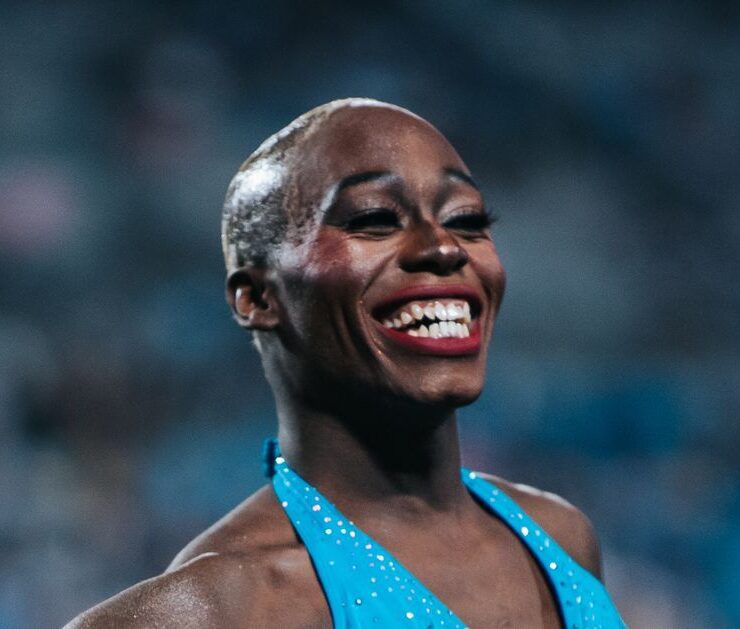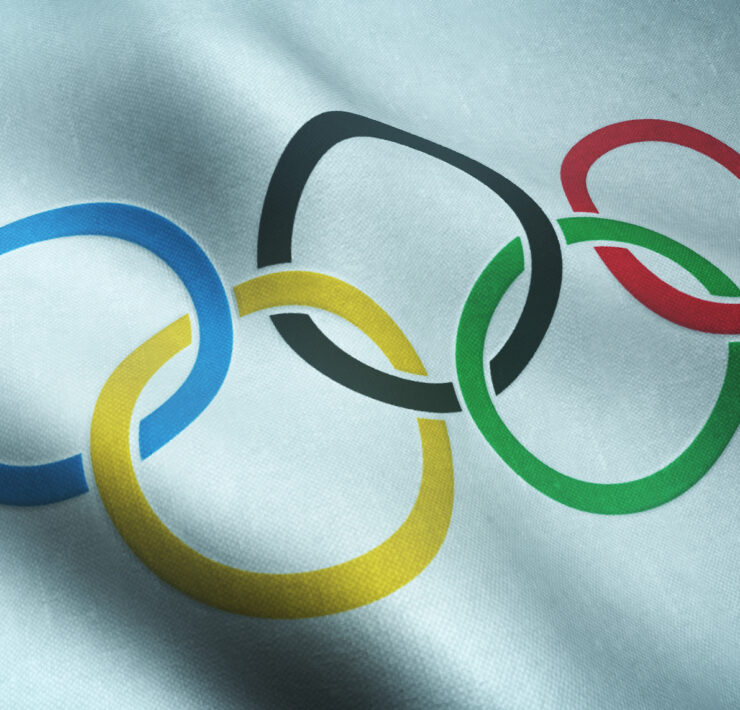Margaret Atwood, Trans Rights, and a Lot of Confusion

Samuel Clark is a 2019 alumnus of the University of…
Margaret Atwood, author of the popular novels A Handmaid’s Tale, The Testaments, and a number of other books, has long been a vocal supporter of the trans community. When J.K. Rowling came out with her essay demonizing trans people—more specifically, trans women—Atwood actively spoke out against her, even sharing on her Twitter account a video essay created by Jamie Raines (a trans man) and his fiancé, Shaaba, who addressed Rowling’s essay with science, statistics, and empathy.
She was also among the 1,200 authors to sign a letter advocating for the rights of trans people. The letter opens by saying, “As members of the writing and publishing community of the United States and Canada, we stand firmly in support of trans and nonbinary people and their rights. We are writers, editors, journalists, agents, and professionals in multiple forms of publishing. We believe in the power of words. We want to do our part to help shape the curve of history toward justice and fairness. To that end, we say: nonbinary people are nonbinary; trans women are women, trans men are men; trans rights are human rights. Your pronouns matter. You matter. You are loved.”
So it was a surprise (and also, confusing) when Atwood shared an article on her Twitter account last week, titled “Why Can’t We Say ‘Woman’ Anymore?”
The article, written by Rosie DiManno, argued that inclusive language was out to erase the word “woman” and went after the ACLU and American politicians, particularly those who use phrases like “people who menstruate” or “people with vaginas.” The unspoken undertone of this, of course, was that this article was not going after trans women specifically, but rather, trans men and nonbinary folx.
In the interest of fairness, however, it feels important to point out that DiManno’s problem was not just with inclusive language itself, but that it was only the word “woman” that (in her mind) was being erased.
“There’s more than a whiff of misogyny to it. Why [is] ‘woman’ the no-speak word and not ‘man?’ Why not ‘persons who urinate standing up’ or ‘people who eject semen’?”
The argument, then, shouldn’t be that inclusive language is wrong. What we should be arguing for is more inclusive language. If the problem really is that the word woman is being erased (it’s not), then let’s do as she suggested and start saying things like “people who urinate standing up.”
But of course, that’s not what DiManno is actually suggesting here. And given how she mocks inclusive language, it’s easy to assume that, even if we did start saying “people who urinate standing up,” she would have found this inclusivity offensive as well.
Of course, no one is trying to erase the word woman. Just ask trans women, for example, who very much want to—and should—be addressed as such (because they are, in fact, real women).
However, after some criticism on Twitter (in which Atwood seemed to double down) she later retweeted some clarification from another user of the social media platform, saying, “We can say women. And we can say people when that’s more accurate and inclusive. Women are people.”
This seemed to (temporarily) clear up the confusion, as Margaret Atwood herself did not appear to be condemning inclusive language, just what she deemed the erasure of a specific word. And yet, just as things seemed to settle down, the beloved author retweeted another article. “Trans rights? Yes. Toxic, in-your-face activism? No.”
While some had been trying to give Atwood the benefit of the doubt, given her long-time stance on trans rights and inclusivity, this felt like the final nail in the coffin. And quite frankly, a stab in the back.
The article in question is written by a trans woman, Jessica Triff, which appears to be why Atwood thinks this kind of mentality isn’t transphobic. But Jessica Triff is just another in a troubling line of trans folx who would throw their own under the bus in order not to be “clumped in” with “those kinds of trans people.”
It’s internalized transphobia 101.
In the article, Triff claims to have felt “appalled” by these “attacks” against author J.K. Rowling and now (can you guess?) Margaret Atwood.
Those who follow Atwood on Twitter responded to her use of the article:
“Historically, In-your-face activism is the only thing that has ever worked for marginalized groups. You should know this.” Another wrote, “Amazing how people will be all ‘well-behaved women rarely make history’ until the women in question are trans.”
Another user noted that this same silencing tactic has been used throughout history on other marginalized groups:
“This is the same thing people said about Indian independence in the 40s, race equality in the 60s, women’s rights in the 70s, gay rights in the 80s, protests against police brutality in the NOW. They were all wrong, but you think somehow in this specific instance, it’s different?”
To be honest, y’all, I’m feeling really tired. As a trans person. As a writer. As someone who looked up to Margaret Atwood. As someone who looked up to J.K. Rowling once upon time, too, who was left crushed at her transphobia, and then subsequently encouraged by Atwood standing up for us.
And then, just as quickly, deciding we weren’t worth standing up for anymore.
What’s that quote again? The one about never meeting your heroes, because they’ll be sure to disappoint you?
I think that goes double for trans people.
Photo by Alasdair McLellan
What's Your Reaction?
Samuel Clark is a 2019 alumnus of the University of North Carolina Wilmington, where he graduated with his MFA in fiction. He is the editorial intern for OFM, and is currently at work on his first novel.










